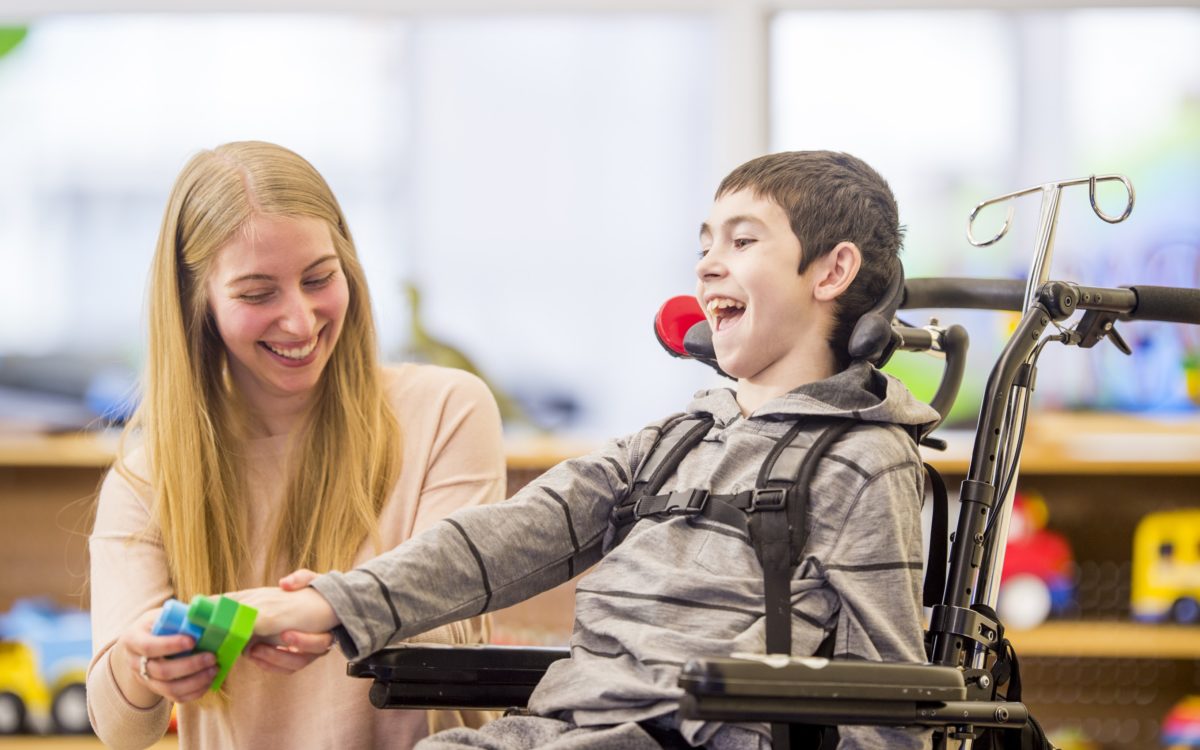On June 30, Assembly Bill 181, the 2022–23 omnibus budget trailer bill, was enacted. The bill contains significant revisions to the provisions of the Education Code for Independent Study (Sections 72-79 of the bill). Because the bill is a budget trailer bill, it went into effect immediately. CSBA will provide an updated sample Board Policy/Administrative Regulation 6158: Independent Study in its September policy update packet.
In the meantime, local educational agencies should include the following new independent study requirements in their written agreements with students and parents for student participation in independent study:
- LEAs are required to obtain a signed written agreement for an independent study or course-based independent study program 15 days or more before the beginning of independent study, and for an independent study or course-based program of less than 15 days, within 10 days of the beginning of the first day of the student’s enrollment. (EC §§ 51747 (g)(9)(A) and 51749.6 (b)(1))
- If a student receives special education and related services and the individualized education program (IEP) team decides the student can receive a free appropriate public education (FAPE) in independent study, “the certificated employee with responsibility for the student’s special education programming” must be a signatory to the written agreement. (EC §§ 51747 (g)(9)(F) and 51749.6 (b)(1))
- Attendance triggers for implementation of tiered reengagement were revised to require tiered reengagement in the following circumstances:
- Students not generating attendance for more than 20 percent of instructional time over four weeks; or
- Students not participatory in synchronous instructional offerings for more than 50 percent of the scheduled times for such instruction in a school month.
(EC § 51747 (d))
- Before signing a written agreement for independent study, the parent or guardian may request a meeting regarding the placement in the independent study program. This is a very small change as the statute previously stated that the LEA “shall” provide the meeting “upon request of the parent or guardian.” (EC § 51747 (h)(2))
- The following are not required for students who participate in independent study due to necessary medical treatments or in-patient treatment for health care or substance abuse, if they are otherwise enrolled in regular classroom instruction and the LEA obtains proof of the need for medical care:
- Tiered reengagement strategies under Ed Code section 51747 (d);
- Daily synchronous instruction for grades TK-3 Ed Code section 51747 (e); and
- Plan to transition back to in-person instruction within five instructional days Ed Code section 51747 (f).
(EC § 51747 (i))
Other revisions to the independent study statutes in AB 181 include:
- Unlike 2021–22, LEAs are not required to offer independent study. Though the statute was not amended to remove that requirement, per the plain language of the statute, the requirement only applied in the 2021–22 school year.
- The bill provides a statement of legislative intent that LEAs offer a range of quality educational options, including classroom-based, hybrid and non classroom based programs to better tailor instruction to pupils and that LEAs consider, when adopting independent study policies, offering more than one independent study model for long- and short-term placements in accordance with the relevant statutes. (EC § 51744)
- Educational opportunities that may be provided through independent study no longer include individualized alternative education designed to teach the knowledge and skills of the core curriculum. However, the statue continues to allow independent study participation for students whose health would be put at risk by in-person instruction, as determined by the parent or guardian. (EC § 51745 (a)(5) and former EC § 51745 (a)(3))
- IEP teams must consider independent study placements for a special education student if requested by parents due to risks to the student’s health of in-person instruction pursuant to Ed Code section 51745, subdivision (a)(6). The IEP team must make an individualized determination as to whether the student can be provided FAPE through independent study. A student’s inability to work independently, need for adult support, or receipt of special education or related services, shall not preclude the IEP team from making such a determination. (EC § 51745 (c))
- The bill removed prohibition on special education students participating in course-based independent study if participation in course-based independent study provides a FAPE. (EC § 51749.5 (a)(7))
- A temporarily disabled student may not receive individual instruction pursuant to Education Code 48206.3 through independent study. (EC § 51745.5 (d))
- The requirement that synchronous instruction be provided by the teacher of record “appropriate to the subject matter being taught” has been removed. (EC § 51745.5 (d))
- The requirement that independent study content must be “provided at a level of quality and intellectual challenge substantially equivalent to in-person instruction has been revised to remove the phrase “provided at a level of quality and intellectual challenge.” (EC § 51745.5 (d))
- More than 10 percent of students in an opportunity school/program or continuation high school may participate in independent study in the case of emergency as defined Ed Code sections 41422 and 46392. (EC § 51745 (b))
- Apportionment credit can now be claimed by the combined time value of pupil work product and pupil participation in synchronous instruction. Procedures for claiming apportionment have been revised to account for this change. (EC § 51745 (b)(1) and (2))
- Districts may claim apportionment credit for students who receive a virtual program through a nonpublic, nonsectarian school. (Uncodified language at Section 110 of AB 181)
Please look for the update to CSBA’s updated versions of Board Policy and Administrative Regulation 6158 in September.




